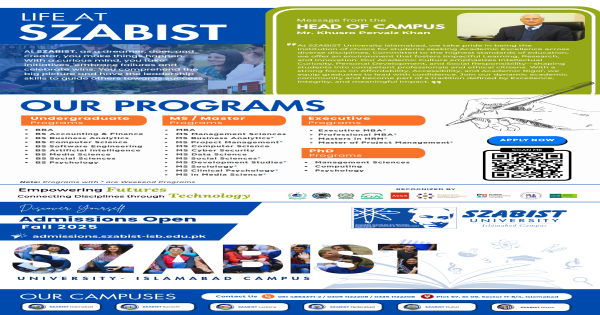Math is a versatile subject that is both creative and logical. It may be used to measure a few centimeters all the way up to calculating the distance to the moon and beyond. Mathematics majors have a diverse range of job choices. Aside from that, students who have a strong foundation in mathematics can combine it with a degree in science or engineering.

Overall, there are a number of interesting career opportunities for mathematics lovers. Following are the top 10 careers for math geniuses.
Accounting and Finance
Statistics
Statisticians are the specialists dealing with the collection, analysis, and presentation of data. Many industries require statisticians ranging from finance to sport and healthcare to government.

As a statistician, your task will be the collection and analysis of data using various methods and tools. You may then have to generate reports from that data for the prospective clients for their understanding.
Actuarial careers

The task of an actuary is to calculate or analyze the financial risks associated with a deal and let his client know about the management of those risks. The role of an actuary often involves directly communicating with the client such as in insurance companies and it requires them to have the required skills for communicating complex data in simple terms.
Academia and research
Engineering
A student having an interest in the practical implications of math can opt for a career in Engineering. Although each engineering field has its specialization, the graduates with math as their major can be quite helpful when it comes to applying complex calculations in real-world problems that occur while working in structural, mechanical, and astronomical realms of engineering.
Physics
It is required for a physicist to understand math to perform their jobs. It is not possible for a physicist to succeed without having qualifications in mathematics. For students having physics as their desired path, opting for an undergraduate degree in math can be a good move.
Economics
Cryptography
Financial Analyst
The job of a financial analyst is to help finance an organization in order to eliminate financial risks and induce stability. They are also known as quantitative analysts and are the backbone for profit generation of a financial institute (such as banks).
Astronomy
The field of astronomy is beyond gazing at the stars. It requires some complex mathematical calculations in understanding the relationship between the cosmic bodies.

The field of astronomy requires a set of detailed data analyses and calculations. Astronomy could be a good fit for you if you want to contribute to the understanding of the cosmos while also utilizing your math skills.
Mehran Ali
Top Contributors
Related Articles
SZABIST University Islamabad – A Premier Destination for Higher Education in Pakistan
- Ilmkidunya
- 03/Jul/2025











































